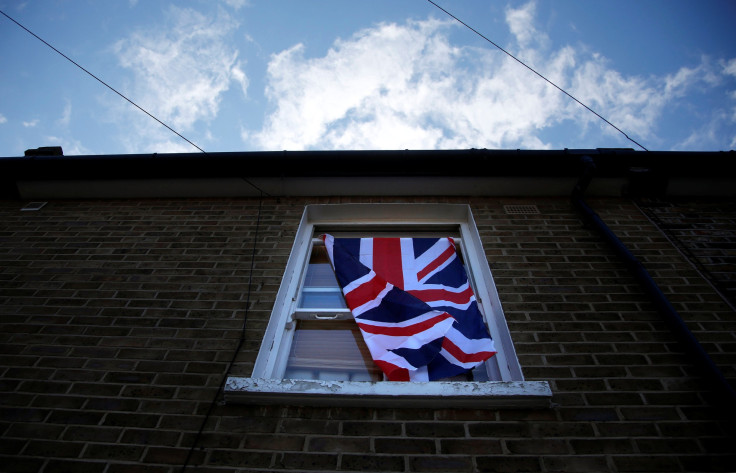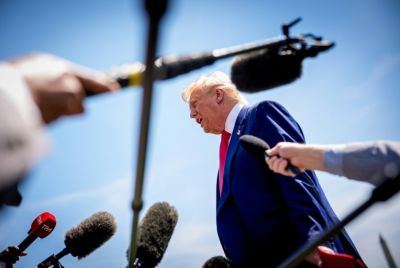After Brexit Vote, EU Negotiations: Why UK Would Start Trade Talks With Serious Handicaps

When British voters headed for the European Union's exit door, they triggered a process whose contours are largely unknown. But one thing is for certain: It will entail a complex set of negotiations in a highly politicized atmosphere in which the successor to Prime Minister David Cameron will have to wrangle a new deal from the other 27 EU member states.
Here are three challenges Britain will face as it extracts itself from the EU:
1. Poisoned Atmosphere
“There is a tremendous amount of annoyance with Cameron,” said Mujtaba Rahman, head of the Europe practice at the Eurasia Group.
Germany, the dominant power in Europe, watched the promise of a referendum, Cameron's negotiation of a special deal for Britain and then the campaign with scarcely concealed horror. Berlin felt Cameron mismanaged the process, though — like most other observers — expected he'd squeak by with a victory, Rahman pointed out. The loss magnified German officials' frustration exponentially. And now Britain will have to convince them to give it a good deal as a non-EU member but close ally.
What's more, none of the other 27 EU countries, unless any of them suddenly decide to abandon the EU themselves, won’t want to make departure from the union look attractive. It would invite other countries to ponder the same course. “The other EU governments will not want the exit process to appear too easy, simple or pain-free, lest other countries — whether currently inside or outside the EU — think the ‘British model’ attractive,” said Charles Grant, director of the Center for European Reform in London.
2. Trade First
Even Brexit advocates made clear they still wanted a thriving trade relationship with the rest of the EU after a Brexit. After all, a broad consensus in Britain underpins its commitment to open trade. But that relationship is now contingent on Britain's negotiating savvy.
The Germans and the French will want Britain to invoke, as soon as possible, Article 50 of the European treaties, which sets a two-year timetable for making a deal, Rahman predicted. There are elections in both countries next year, and they want some clarity. “That’s a very, very big concern in Germany and in France,” he said. If there’s no deal in that timeframe, then Britain becomes just another trading partner under global trade rules. In other words, Britain’s negotiating position is compromised by the passage of time. The rest of the EU won’t suffer from that problem.
This matter is pressing. There’s a meeting of EU leaders in Brussels on Tuesday, and others beforehand, to thrash out a common position vis-a-vis Britain.
3. A Workable Model
Britain will have to find a workable model for trade with the EU that's palatable to both sides.
There is the Norway option: The Norwegians have a deal with the EU that keeps them out of the customs union and away from policies the country finds especially odious, like some concerning agriculture and fisheries. But it does include free movement of labor — a point of ire for Brexit supporters — and Britain have to give the same thing in return. Britain could also cut a straightforward free-trade deal like the EU has done with Canada, though it hasn’t been implemented yet. Or it could fall back on the World Trade Organization’s rules, which apply to all countries currently in the EU.
Additionally, before it can do anything, Britain will have to find some trade negotiators, Grant points out. Trade falls under the EU purview, so there haven’t been real trade negotiators in Whitehall since 1973, the year Britain first joined.
© Copyright IBTimes 2024. All rights reserved.




















